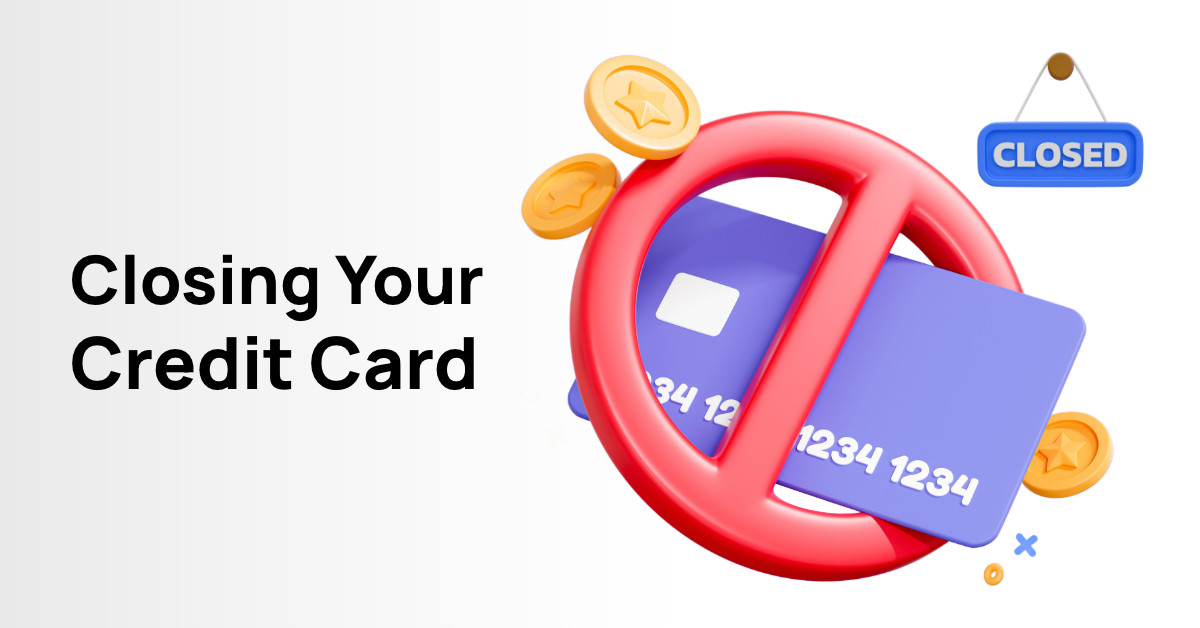
Closing a credit account is a significant financial decision that can impact your credit score in various ways. While the idea of simplifying your finances by shutting down old or unused accounts might seem appealing, it’s essential to understand how this action can influence your credit score. Here are some dos and don’ts to guide you through the process of closing credit accounts to boost your score effectively.
The Dos
1. Evaluate the Impact on Your Credit Utilization Ratio
The credit utilization ratio is the amount of credit you’re using compared to the total amount of credit available to you. This ratio accounts for about 30% of your credit score. Before closing an account, consider how it will affect your overall utilization rate. A higher utilization rate can negatively impact your score, so aim to keep it below 30%.
2. Close Accounts with Annual Fees
If you have credit accounts with high annual fees that you no longer use, it might be wise to close them. This is especially true if these accounts don’t offer benefits that justify the cost. However, ensure that the closure won’t significantly impact your credit utilization ratio.
3. Pay Off Balances First
Before closing any account, make sure all balances are fully paid off. Closing an account with an outstanding balance can harm your credit score and potentially lead to additional fees and interest.
4. Keep Old Accounts with Positive Histories
Your credit history length is another crucial factor in your credit score. Keeping older accounts open, especially those with positive payment histories, can help maintain a higher score. The longer your credit history, the better.
5. Inform Yourself About the Account Closure Process
Each credit card issuer has its own process for closing accounts. Contact your issuer to understand the specific steps and ensure that the account is officially closed. Obtain written confirmation to keep for your records.
The Don’ts
1. Don’t Close Multiple Accounts at Once
Closing multiple accounts simultaneously can significantly reduce your available credit, raising your credit utilization ratio and lowering your score. If you need to close several accounts, space out the closures over several months.
2. Don’t Close Your Only Credit Account
If you don’t have other credit accounts, closing your only account can leave you without any active credit history. This absence can make it difficult to achieve a high credit score or qualify for loans in the future.
3. Don’t Close Accounts with High Credit Limits
Accounts with high credit limits contribute positively to your overall available credit. Closing these accounts can disproportionately affect your credit utilization ratio, even if you’re not using much of that credit.
4. Don’t Forget to Redeem Rewards
If your account offers rewards points, cash back, or other incentives, ensure you redeem these benefits before closing the account. Once the account is closed, you may lose any accumulated rewards.
5. Don’t Neglect to Monitor Your Credit Report
After closing an account, keep an eye on your credit report to ensure the account closure is accurately reflected. Errors on your credit report can negatively impact your score, so it’s crucial to address any discrepancies promptly.
Conclusion
Closing credit accounts can be a strategic move to boost your credit score, but it requires careful consideration and planning. By following these dos and don’ts, you can minimize potential negative impacts and make informed decisions that support your financial goals. Always remember that maintaining a good mix of credit accounts and keeping your credit utilization low are key factors in
